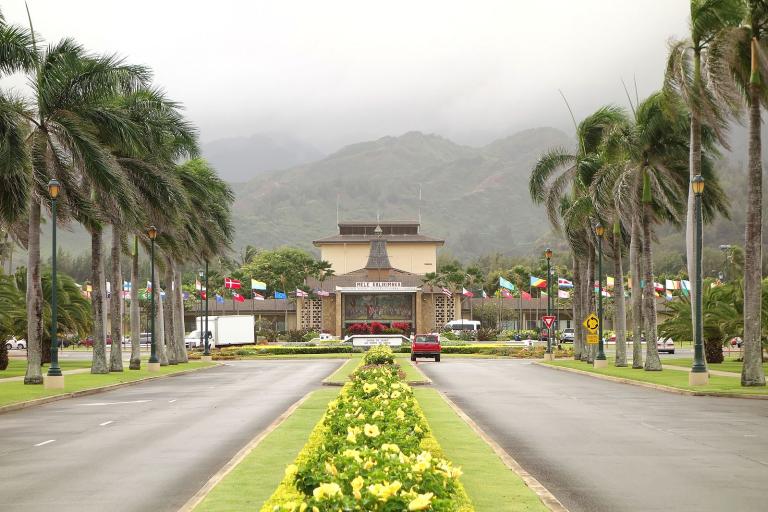
(Wikimedia Commons public domain image)
First, though, I offer links to three items that were recently posted on the website of the Interpreter Foundation:
Conference Talks: “What Did Joseph Smith Know about Temple Ordinances by 1836?”
This talk was given by Jeffrey M. Bradshaw on Saturday, 25 October 2014, during the Interpreter Foundation’s 2014 Temple on Mount Zion Conference
The New Testament in Context: Lesson 8: “Blessed Are Ye,” Matthew 5 and Luke 6
In the 22 January 2023 Come, Follow Me segment of the Interpreter Radio Show, our hosts Steve Densley and Mark Johnson joined with with an individual calling himself “Dan Peterson” to discuss New Testament lesson 8, on Matthew 5 and Luke 6, “Blessed Are Ye.” Peterson was ill — even sicker than he typically is (physically speaking) — and not in very good voice. So he made his contribution, such as it was, from a distance via telephone.
The other segments of the 22 January 2o23 broadcast program can be accessed at https://interpreterfoundation.org/interpreter-radio-show-january-22-2023. The Interpreter Radio Show can be heard live on Sunday evenings from 7 to 9 PM (MDT), on K-TALK, AM 1640. Alternatively, in outlying areas (for example), interested people — and even uninterested people — can listen live on the Internet at ktalkmedia.com.
Students and teachers of the “Come, Follow Me” curriculum for the Church of Jesus Christ of Latter-day Saints can benefit from these brief notes that Jonn Claybaugh generously and regularly contributes on the website of the Interpreter Foundation.
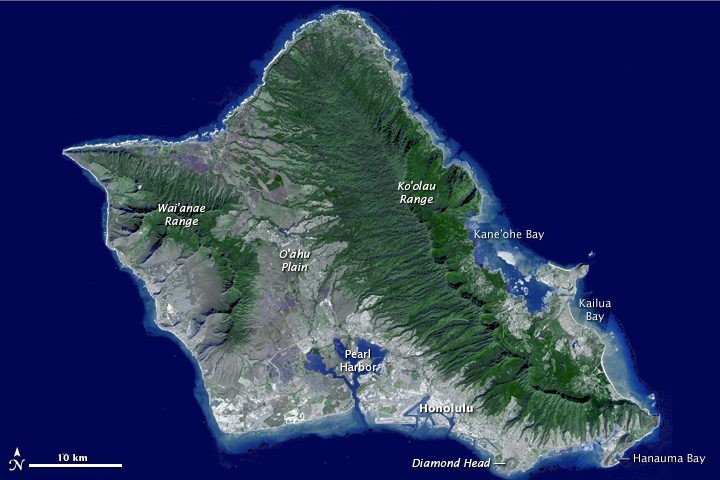
As I write, the death toll from the terrible 6 February 2023 earthquakes near Gaziantep, Turkey, has surpassed 12,000. I expect that it will go much higher before the count is finished. The dysfunction and mutual hostility of the governments in the area — particularly in Syria, has long taken a massive toll on the region, and it adds a special bite to the damage and death unleashed by the quakes. It is difficult to get aid and aid workers into some of the affected areas. I’ve been happy to read, though, of Israeli rescue teams and supplies reaching Turkey, and of Greek assistance going to Turkey as well, despite the multi-generational history of friction and conflict between them. It’s good to see humanity rise above politics once in a while.
Which is why reports of last night’s State of the Union Address were disheartening to me. I didn’t like Joe Biden’s apparently rather aggressively partisan tone, and his mischaracterization of some Republican positions. I didn’t like the shout of “liar!” directed by Representative Marjorie Taylor Greene at President Biden. I pine for the old days of (at least) formal civility in Congress. Life is better when people follow rules of decorum and politeness. However, I do agree with Senator Mitt Romney that Representative George Santos should be ashamed of himself and that Mr. Santos doesn’t belong in the House of Representatives. (I’m not being political here. I hope that I hold both sides — every side — to the same uniform standard.)
But back, briefly, to the disaster in Turkey and Syria: The human toll is dreadful. But the toll taken on the historical treasures of the region is also horrible: “Turkey-Syria earthquake: Historic mosques and ancient landmarks reduced to rubble: The earthquake damaged many ancient monuments including Turkey’s Gaziantep castle, Yeni Mosque, the Latin Catholic Church and Syria’s ancient Aleppo citadel”
At this distance, there isn’t much that we can immediately do for the victims of the earthquakes, nor for those who are attempting to help them. But I recommend support of the humanitarian and relief efforts of the Church of Jesus Christ of Latter-day Saints:
“Statement of Support for Communities Impacted by Earthquakes in Türkiye and Syria”
It’s too late to give to the Church for the urgent needs of the people affected by the recent temblors; those resources have to be already in place at the time of a disaster in order to be available right away. But resources expended on dealing with this crisis will need to be replaced in order to be ready for the inevitable next one:
I’ve always loved this statement from the Prophet Joseph Smith:
“A man filled with the love of God is not content with blessing his family alone, but ranges through the whole world, anxious to bless the whole human race.”
The news and the photographs coming in from Turkey and Syria ought, I think, to motivate us to greater kindness and charity, and to greater generosity.
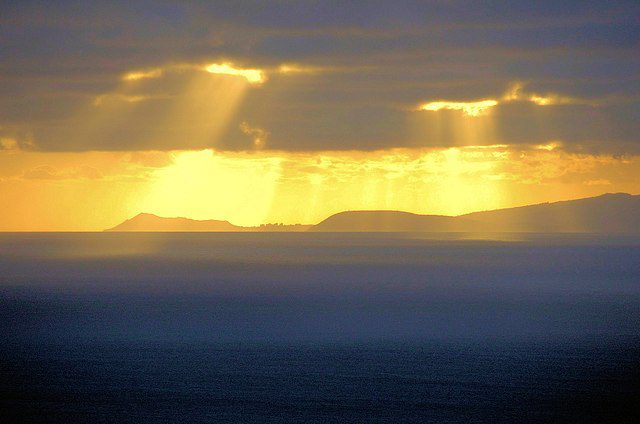
Flying into Honolulu a few hours ago, I had a reasonably good view of Pearl Harbor. Like most if not all other Americans, I can’t ever see it or think of it without immediately remembering what happened there on 7 December 1941.
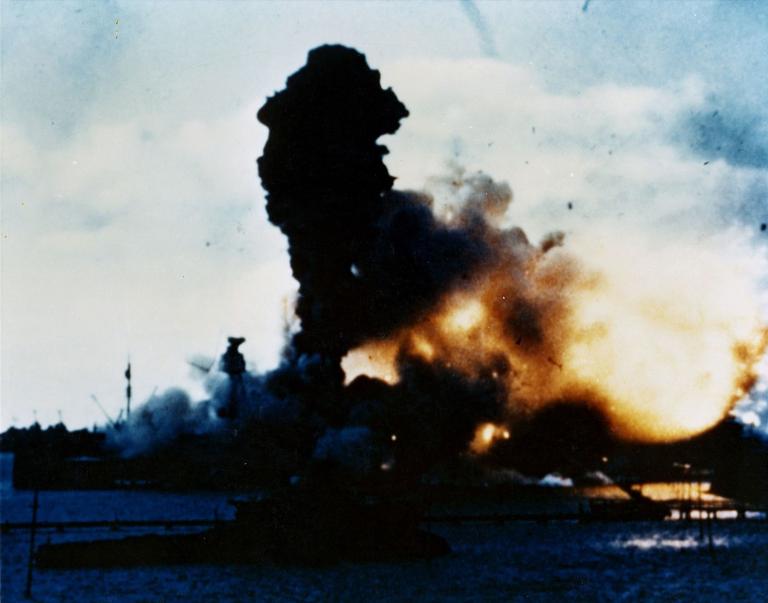
(Wikimedia Commons public domain photograph)
It’s overshadowed these days by the high-rises of Honolulu, and, of course, for Latter-day Saints, its significance pales when compared with the temple in Laie and Brigham Young University’s Hawaii campus and the Polynesian Cultural Center. But it’s an important place, and I thought of it while approaching Honolulu: “Mormon tabernacle near Pearl Harbor became a refuge for GIs after the attack: Pearl Harbor • The building wasn’t damaged, and thousands of LDS servicemen were sheltered there.” I’ve been told that, before Honolulu became a city of high-rise hotels, it served as a navigational landmark for approaching ships. I even gave a fireside in it once.
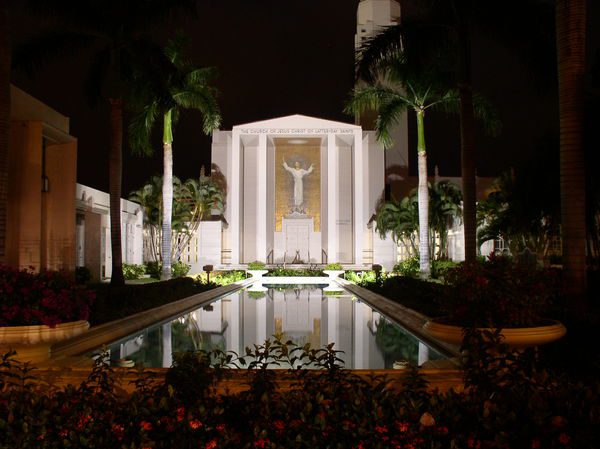
(Wikimedia Commons public domain photograph)
But now it’s back to the snow and the cold. Sigh.
Posted from Honolulu, Oahu, Hawaii












